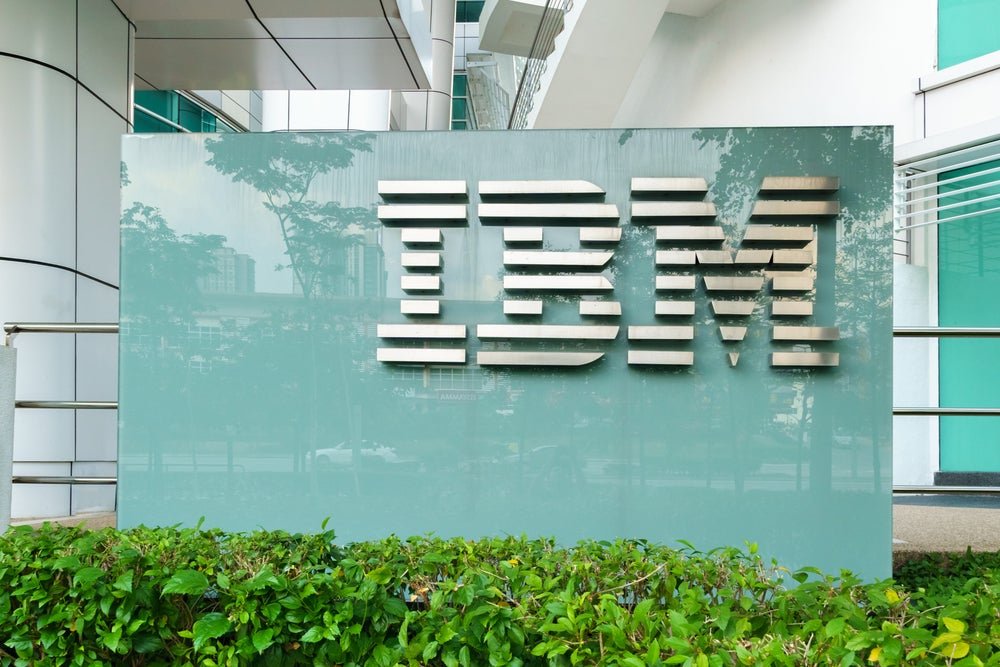
The Covid-19 pandemic has hit those in the hospitality and live entertainment industry with particular force. Although, following announcements made by Prime Minister Boris Johnson yesterday, restaurants, bars and pubs will be permitted to open from 4 July, “close proximity” venues, including nightclubs, will remain closed for now.
With events cancelled or postponed until further notice, many entertainers have been left without a revenue stream for months now, and as a result have turned to livestreaming services as a way of reaching fans. In April, Facebook announced it was adding an option to charge for livestream events, providing a way for artists to be paid for online events.
“The live entertainment and hospitality industries have taken a giant hit”
One startup, on a mission to “keep music alive” has come up with a solution. Clubify is a new streaming platform launched in association with London club EGG tonight. It showcases “clubs, DJs, labels, festivals and rising stars” from the electronic music industry, allowing fans to enjoy live music events from the comfort of their own homes.
The platform provides artists with a place to promote their material, somewhere for venues to host live events, and labels can showcase emerging artists.
Clubify operates on a subscription basis, with subscribers having access to livestreams, dj sets, and music, and is free for contributors, ensuring that artists get paid fairly for hosting their content on the platform.
The first event with EGG was in May, with new clubs being added to the platform every week.
Giovanni Bodrato, public relations manager at Clubify UK tells Verdict that lockdown has impacted almost all aspects of the industry.
“Clubs, pubs and venues closed, festivals cancelled, tours postponed… with social distancing measures in place, and global travel bans, the live entertainment and hospitality industries have taken a giant hit. From dancers to doormen, DJs to sound engineers, small venues to big institutions, millions of livelihoods have been impacted,” he says.
“That’s billions of revenues up in smoke; we need to innovate or risk losing jobs and venues for good. Creatives were born to adapt and survive, so we’re trying to rethink the way we work both through and beyond the pandemic. Our lives, and the lives of those affected by the closures quite literally depend on it.”
“We need to rework the model and re-write the score”
According to figures from The Association of Licensed Multiple Retailers, the number of nightclubs in the UK fell by 50% between 2005 and 2015, meaning that even before the pandemic so the UK’s nightime economy was facing difficult times.
Michael Kill, Chief Executive of the Night Time Industries Association has warned that even once venues are permitted to open again, for night clubs, casinos and some pubs, restaurants and bars that can’t meet the 1m social distancing obligations, “the nightmare of enforced closure goes on” and is calling on the government “to commit to further immediate financial support for our sector”.
Bodrato explains that the past few months have seen fans turn to the internet as live music and events are cancelled.
“If there’s anything the pandemic has taught us, it’s that human beings need to connect. Music’s such a massive part of that. People need music – think about how many people have turned to the arts to find comfort and entertainment during lockdown. Without gigs to attend, or clubs to dance in, everyone’s turned to the internet to get their fix,” he says.
“There have been so many series of #liveathome concerts and campaigns to #saveourscene, it’s been a true show of solidarity. But we need to think beyond the crisis now. We need to rework the model and re-write the score. We need to change the ‘live experience’ as we know it in order for ‘live’ (the live music industry that is) to survive.”
However, he believes that livestreaming platforms have not always been able to deliver high-quality experiences, which is why Clubify was created.
“Lots of artists and performers have turned to live streaming as a way to keep connected to their fans. But there are too many different platforms – but most were not built for live streaming. The quality is variable, performances get cut, artist payments aren’t fair, and it’s hard as a user to know what’s happening where and when. Live streaming’s here to stay – so we’re on a mission to connect the industry to make it better, fairer, faster, stronger – more professional, fun and easy to use.”
“Technology’s a tool to innovate with”
Once venues open their doors once more, it is likely that they will be dramatically different from before the pandemic, with the possibility of social distancing, limited capacities and strict hygiene measures changing night life at least in the near future.
Bodrato believes that this could have a long-term impact on how the industry approaches technology as an addition, rather than a substitute, for live events.
“Group gatherings, and huge crowds at events, festivals and in clubs might need to be re-considered. I don’t think we’ve seen the end of them, but surely we will need to think of new solutions and embrace the change that come,” he says.
“For example, we’re hearing more and more about the concept of “hybrid” solutions for live events; once clubs will be able to open on a limited capacity, streaming the events on Clubify will be a great tool for making it possible for these to be financially sustainable.
“Beyond the internet, user features are becoming so much more advanced, with the integration of AI, AR, VR and sound technology, so long-term, we’re looking at making the experience more interactive. Technology’s a tool to innovate with, but it’s what we do with it, how we use it, that matters. We identified a problem – the live music industry needs to evolve – so we’re using technology to provide a solution.”
Read more: Coronavirus case studies: Lockdown life drawing.







